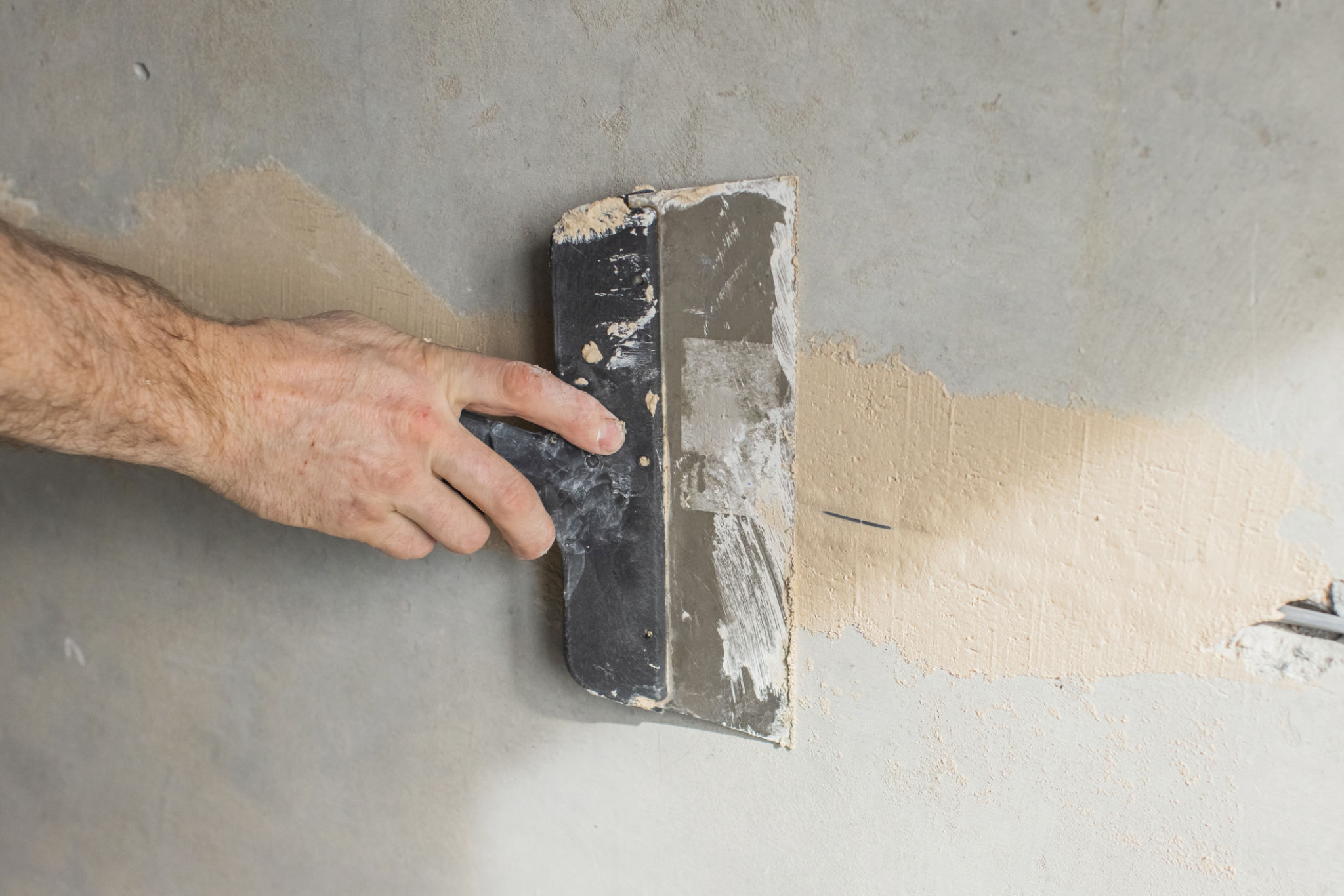Common Misconceptions About Stucco and Masonry in Dallas Homes
Understanding Stucco and Masonry
When it comes to home construction and design in Dallas, stucco and masonry are popular choices due to their durability and aesthetic appeal. However, there are several misconceptions surrounding these materials that can lead to confusion among homeowners. In this blog post, we'll address some common myths and provide clarity on the use of stucco and masonry in Dallas homes.
Myth 1: Stucco is Only Suitable for Dry Climates
A prevalent misconception is that stucco is only appropriate for dry, arid climates. While it is true that stucco performs well in dry conditions, it can also be a great option for a variety of climates, including the humid environment of Dallas. Proper installation and maintenance are key to ensuring stucco's longevity and performance in more humid weather.

Stucco is a versatile material that can be engineered to withstand different weather conditions. By using the right mixture and applying sealants, stucco can resist moisture infiltration, making it a viable option even in humid areas.
Myth 2: Masonry is Expensive and Outdated
Another common misconception is that masonry is an outdated building material that is too costly for modern homes. In reality, masonry offers a timeless aesthetic and can be quite cost-effective when considering its durability and low maintenance requirements. Brick, stone, and concrete block are all considered masonry materials, each offering unique benefits.

Homeowners often find that the initial investment in masonry pays off over time. The longevity of these materials means fewer repairs and replacements, leading to long-term savings. Additionally, masonry provides excellent insulation properties, which can reduce energy costs.
Myth 3: Stucco and Masonry are High Maintenance
Many homeowners shy away from stucco and masonry due to the belief that they require high maintenance. Contrary to this belief, both materials are known for their low maintenance needs. Regular inspections and minor cleaning can keep these surfaces looking pristine for years.
Stucco requires occasional cleaning to remove dirt and mildew, while masonry might need repointing every few decades. These minimal maintenance tasks are relatively easy and inexpensive compared to other siding options.

Myth 4: Masonry is Not Energy Efficient
Some people assume that masonry does not offer good thermal performance. However, masonry is excellent at regulating temperature due to its thermal mass properties. Homes with masonry exteriors can stay cooler in the summer and warmer in the winter, which helps reduce energy consumption.
The natural insulation properties of brick and stone contribute to a more energy-efficient home. By incorporating proper insulation techniques during construction, homeowners can further enhance the energy efficiency of their masonry-clad homes.
Conclusion
Understanding the true benefits and characteristics of stucco and masonry can help homeowners make informed decisions when designing or renovating their homes. By dispelling these common misconceptions, it's clear that both materials offer a range of advantages suitable for Dallas' unique climate and architectural style.
Whether you opt for the textured elegance of stucco or the classic durability of masonry, both options can enhance the beauty and functionality of your home for years to come.
